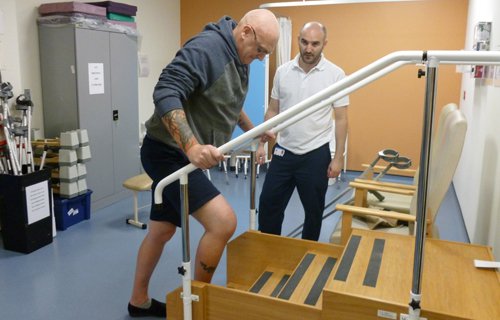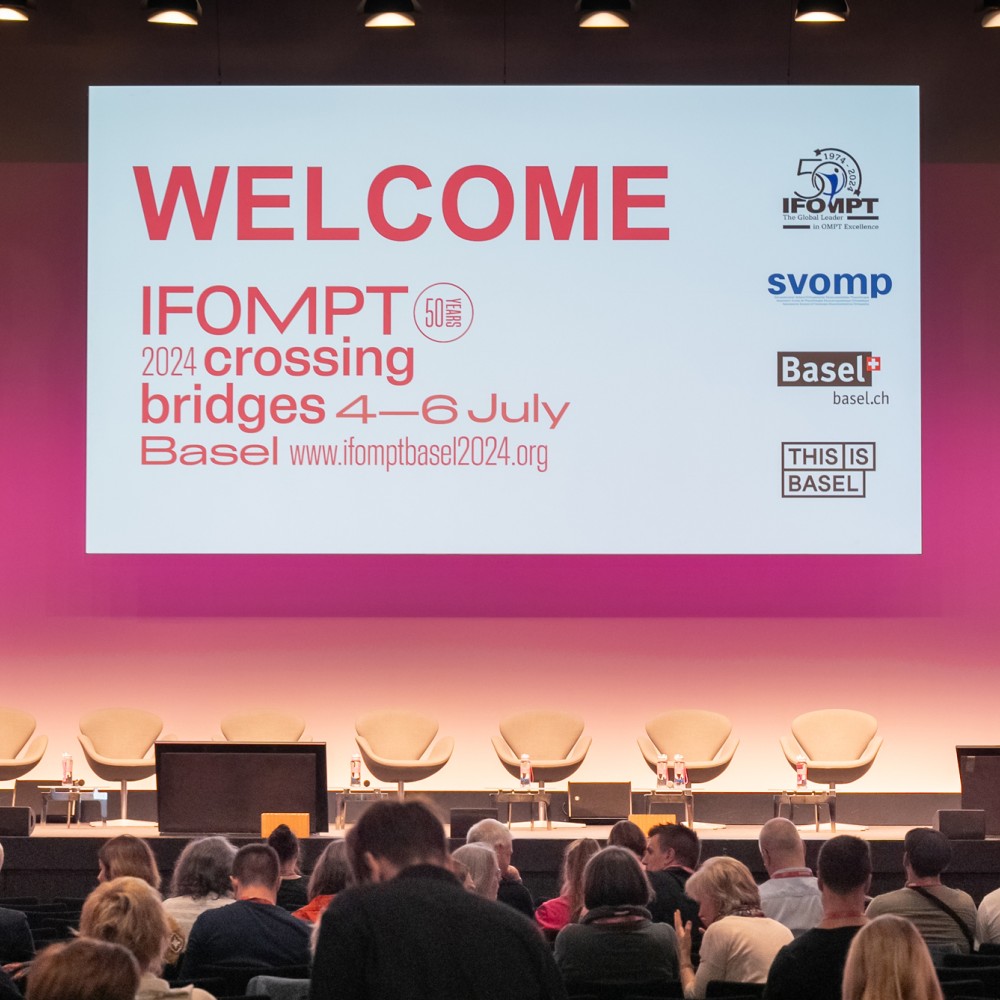Innovative physio-led service
- 16 February 2016 - 05:55 PM
- Comment(s)

A team of physiotherapists are helping drive a new programme, delivering innovative treatment to patients with fibromyalgia.
The scheme, which focuses on self-management for people with the chronic condition, aims to provide support outside of a hospital settings.
A multi-disciplinary team of allied health professionals (AHPs) including physios work on a model of group-based exercise and education.
The success of the Bath-based programme has led to the development of a franchise model so that physios around the country can help patients with fibromyalgia.
It has also been highly commended in the rehabilitation category of the 2015-16 NHS Innovation Challenge awards, though it narrowly missed out on the accolade.
A team of physiotherapists have been key in ensuring the success of the scheme. Gina Sargeant, a physiotherapist and head of therapies for the programme, spoke to the Chartered Society of Physiotherapy's magazine Frontline about the impact it has had on the community.
Ms Sargeant said: "We regularly receive requests from patients across the UK seeking access to a local programme, and from AHPs seeking advice on how best to provide this service."
The team are now in the process of developing a franchise model to highlight any problems for rolling the programme out nationally.
"The model will consist of delivery of a local training package, governance support to implement this and access to an established outcomes database," said Ms Sargeant.
It highlights the importance of utilising physios and other AHPs for taking pressure away from primary care services.
Scotland's chief medical officer Catherine Calderwood recently advocated the use of such programmes instead of hospital-based treatment.
Speaking to BBC Radio Scotland last month (January 20th), she said that many patients need time to allow their condition to improve, or to see an occupational therapist.
Dr Calderwood said doctors are sometimes reluctant to have "a full conversation" about changing the current NHS model, but she recommended speaking to patients about what treatment they would like.
She said sometimes procedures weren't necessary and patients could just as easily benefit from low-impact intervention like physiotherapy.
Written by Mathew Horton




Leave Comments